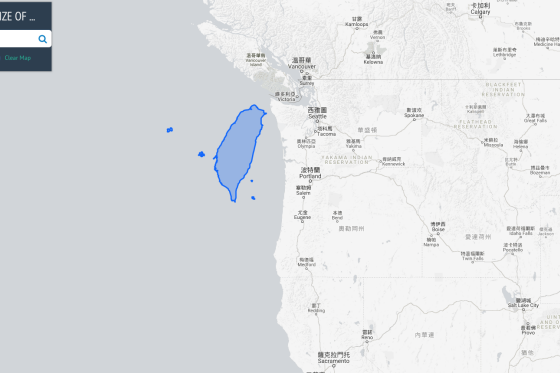It takes the right time, the right place, and the right relationships for the mouth-watering traditional dessert to be passed down from generation to generation.
Each pallet of light gold on the drying rack is a gift from the intertwining relationship between the winds and the mountains, men and land. The Winds of September, which are peculiar to HsinPu, HsinChu, have filled the village with fragrance of persimmons.
Down the sinuous path, in front of a traditional Hakka dwelling, the mistress of Wei Wei Jia Tourist Farm was raking leaves. “Persimmons are highly connected to the Hakka’s history and lifestyle,” she told us.
In the early years, continuous wars, migration, and food preservation problems, have led the diligent Hakkas to learn to dry or cure their fruits and food to make them easier to carry and preserve. “Dried persimmons used to be our provisions during escape. So what you’re eating now is the pearl of centuries of wisdom from the Hakkas.”

The history of dried persimmons in HsinPu has entered its third century, contributing up to 80% of the total production of persimmons in Taiwan. “It takes the right time, the right place, and the right relationships for this business to succeed and be passed down to us today. The name of the village, Han-Keng (dry pit), implies its lack of rain. It is the lack of rain and the cold Winds of September that provide the best environment for making dried persimmons. As for the right relationships, ask my silly brother.” Chen-Chu Liu, the ‘second sister,’ as called by the other photographers, said cheerfully, as she brewed a pot of their own produced tea.
Mass production by machines and huge imports from Mainland China impacted the price of Wei Wei Jia’s dried persimmons. The business underwent great challenge, since the owner of the business, Li-Jian Lu, insisted on all dried persimmons to be handmade in the traditional way. “It takes at least 7-9 days, long working hours and complicated manual work, which the “three-time-ists”are in charge of. The work highly requires experience. If we are short in experienced hands, we won’t be able to enlarge production. But luckily, thanks to our perseverance, we survived.”
Wei Wei Jia is also the inventor of dried persimmons. “Persimmons used to have a poor yield. We hired porters to race against neighbors for a better harvest. But since Father got elected as the head of the neighborhood, he gave up racing against the others, but instead devoted himself into the invention of new persimmon species.” It was because he had selflessly shared the results of his research that dried Bull Heart Persimmons could be seen blooming everywhere. Later on, his son, Li-Jian Lu further enriched the species by introducing Japanese Kaki Persimmons, laying the foundation of HsinPu’s title as “The Village of Persimmons.”


The Second Sister showed us a brown stuffed toy. “This was a gift from our mother.” It showed the work from the hands of the mother, who not only raised the family up, but also brought the technique of “persimmon dye” to life. “Look at that pillar. In her late years, Mother’s knee and back stiffness problems caused by long hours of persimmon peeling, forced her to use that pillar to support herself up after sitting another whole day peeling persimmons. It were the stains of the juice on the pillar that inspired her the idea of persimmon dye.” Today, HsinChu County Government instructed the township office and the community volunteers to establish The Persimmon Dye Culture Council, an organization committed to designing persimmon-dyed products, with a view to passing down the warmth left on the pillar from the fingers of Lu’s mother.
With the pallet of wisdom passed down by the ancestors, the Winds of September, the sun , the land, and the simple villagers, together breathe a golden hue into the lands of HsinPu.

Translated by Sharon Tseng.
(This article is reproduced under the permission of CommonWealth Magazine English Website. It does not represent the standpoint of Taiwan Scene.)
Read more:
8 Taiwanese foods that you don’t even know you need to try (yet)!
Taiwan Culture and Cuisine Shine on New Netflix Series “Street Food”
For over 37 years, CommonWealth Magazine has stood as Taiwan’s most influential Economic News Media. Known for its solid reporting, CommonWealth Magazine English Website offers in-depth information on Taiwan and the greater China region for international readers to give the world a unique insight into Taiwan.










